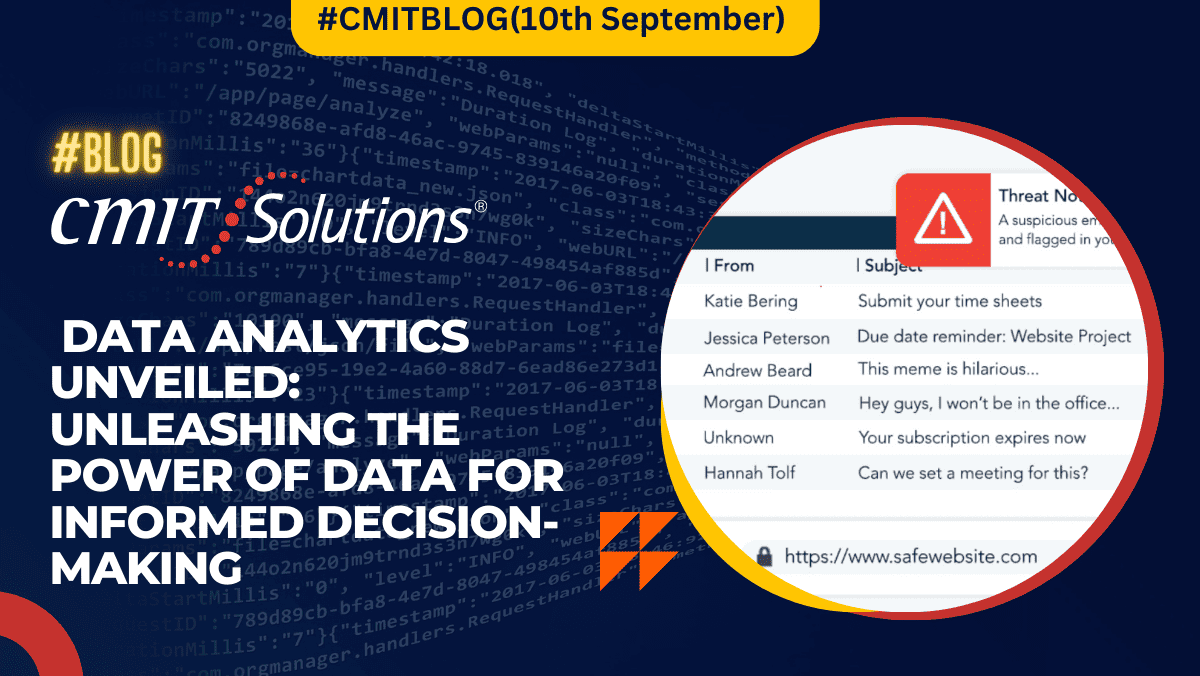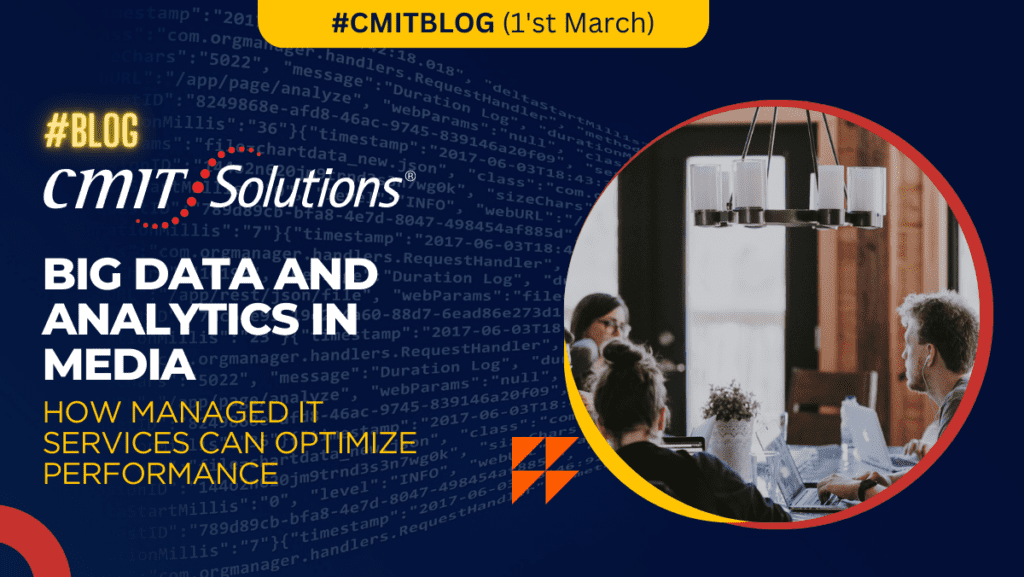Introduction:
In today’s data-driven world, information is power, and businesses, organizations, and individuals are leveraging data analytics to unlock valuable insights and make informed decisions. This blog post delves into the fascinating realm of data analytics, shedding light on what it is, why it matters, and how it’s transforming industries across the globe.
What Is Data Analytics?
Data analytics is the process of examining, cleaning, transforming, and interpreting data to extract meaningful patterns, trends, and insights. It’s a multidisciplinary field that combines statistics, computer science, domain expertise, and business acumen to convert raw data into actionable information.
The Importance of Data Analytics
Data analytics has become a cornerstone of modern decision-making for several compelling reasons:
1. Informed Decision-Making
Data analytics empowers decision-makers with evidence-based insights. Whether you’re a business executive, a policymaker, or a healthcare provider, data-driven decisions lead to better outcomes.
2. Competitive Advantage
In today’s business landscape, organizations that harness the power of data analytics gain a competitive edge. They can identify market trends, optimize operations, and deliver personalized customer experiences.
3. Predictive Capabilities
Advanced analytics, including predictive and prescriptive analytics, enable organizations to anticipate future trends and proactively address challenges before they become critical issues.
4. Efficiency and Cost Savings
By optimizing processes and resource allocation, data analytics can result in significant cost savings and increased efficiency.
Types of Data Analytics
Data analytics encompasses various types, each serving specific purposes:
1. Descriptive Analytics
Descriptive analytics provides an overview of historical data, offering insights into what happened in the past. It’s often the first step in the data analytics process.
2. Diagnostic Analytics
Diagnostic analytics delves deeper into historical data to understand why specific events occurred. It helps identify the root causes of past outcomes.
3. Predictive Analytics
Predictive analytics uses historical data to forecast future trends or outcomes. Machine learning and AI are often used to build predictive models.
4. Prescriptive Analytics
Prescriptive analytics takes predictive analytics a step further, providing recommendations on the best course of action to achieve desired outcomes.
Industries Transformed by Data Analytics
Data analytics is making a significant impact across various sectors:
1. Healthcare
From predicting disease outbreaks to optimizing patient care, data analytics is revolutionizing healthcare delivery and research.
2. Finance
Financial institutions use data analytics to detect fraud, assess risk, and personalize investment advice.
3. Retail
Retailers leverage data analytics to enhance customer experiences, optimize inventory management, and tailor marketing campaigns.
4. Manufacturing
Manufacturers use analytics to optimize supply chains, predict equipment maintenance needs, and improve product quality.
Challenges and Ethical Considerations
While data analytics offers tremendous benefits, it also raises important challenges and ethical concerns:
1. Data Privacy
The collection and analysis of personal data must adhere to strict privacy regulations to protect individuals’ rights.
2. Bias and Fairness
Biased data or algorithms can perpetuate discrimination and unfairness. Ethical data analytics requires addressing these issues.
3. Data Security
Protecting data from breaches and cyberattacks is paramount, as sensitive information is often a target.
The Future of Data Analytics
As technology advances and data volumes continue to grow, the future of data analytics holds exciting possibilities. Artificial intelligence, automation, and augmented analytics will play increasingly significant roles in shaping this field.
Conclusion:
Data analytics is a transformative force that empowers individuals and organizations to extract valuable insights from data, fostering informed decision-making and driving innovation across industries. As data continues to proliferate, embracing data analytics is not just an option but a necessity for those who seek to thrive in our data-rich world. Whether you’re a business leader, a researcher, or simply someone interested in understanding the world around you, data analytics is a powerful tool that can help you unlock new horizons of knowledge and opportunity.





